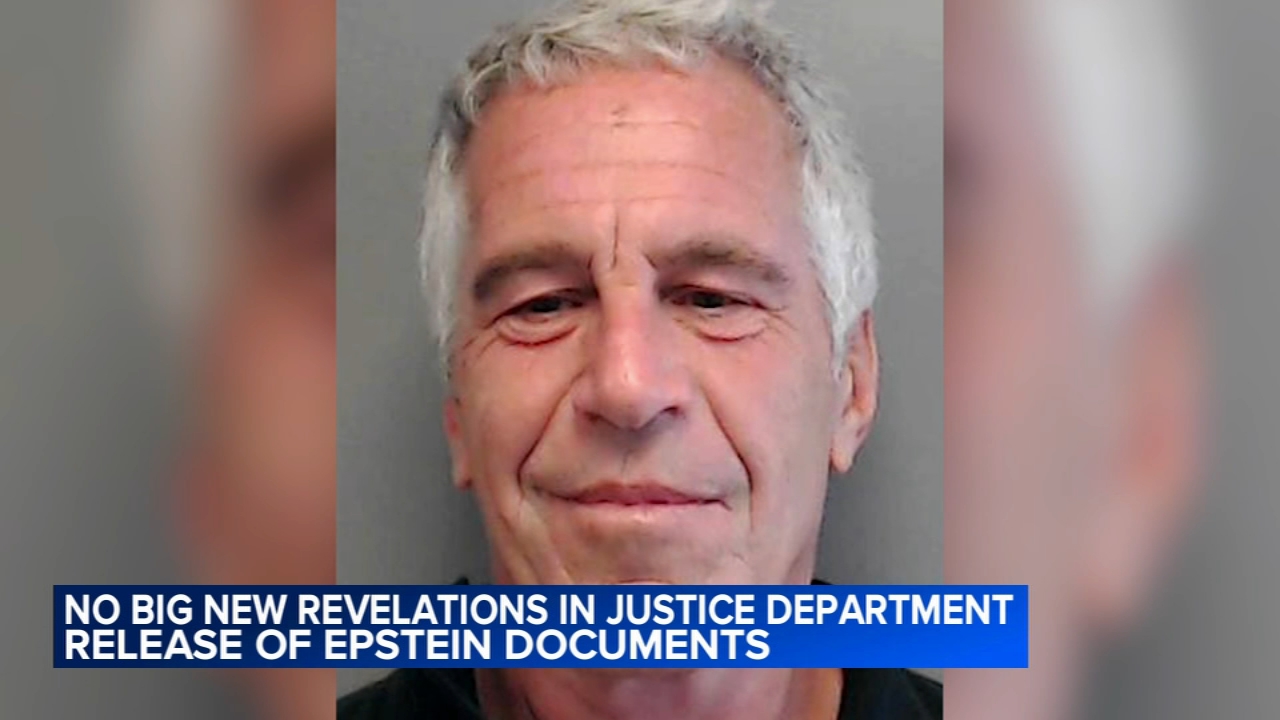Introduction
The release of the Epstein files has reignited public interest and controversy surrounding Jeffrey Epstein, a figure synonymous with scandal and allegations of sex trafficking among the elite. This blog post aims to explore the details revealed in these files, the implications for justice, and how they connect to broader discussions of accountability and reform.
The Epstein Files: Key Revelations
In a recent update, multiple documents concerning Jeffrey Epstein were released by the Justice Department, shedding light on accusations of gross misconduct and the systemic failures that allowed his actions to continue unchecked. The comprehensive files include testimonies, financial records, and other pertinent information that illustrate not only Epstein’s alleged criminal activities but also the response—or lack thereof—from entities tasked with upholding the law.
According to ABC7, some of the most alarming revelations include:
- Detailed accounts from various victims, presenting harrowing narratives of abuse and manipulation.
- Insider testimonies from individuals who, while not implicated in the crimes, witnessed the environment surrounding Epstein’s dealings.
- Evidence of Epstein’s connections to powerful individuals, raising questions about their knowledge of his activities.
The Impact of Epstein’s Actions on Society
The implications of Jeffrey Epstein’s actions extend far beyond individual case files. They prompt a critical examination of how society protects vulnerable populations, particularly in the contexts of sexual abuse and exploitation. The Epstein case has underscored the necessity for more robust legal frameworks and awareness programs that seek to prevent such abuses from happening in the future.
Moreover, the involvement of high-profile individuals raises ethical questions about privilege and accountability. Why were red flags ignored or downplayed? What policies could be amended to prevent such occurrences from happening again?
Accountability and Systemic Reform
As the Epstein files continue to unfold, a growing call for systemic reform emerges. Advocates argue for the need to reassess how institutions handle allegations of sexual misconduct—particularly when they involve individuals in positions of power. The stories of Epstein’s victims emphasize the need for support systems that allow individuals to come forward without fear of retribution or disbelief.
Policymakers and corporate leaders must stand at the forefront of this movement, taking actionable steps to ensure that all workplace environments are safe and just. Developing comprehensive training programs and accessible reporting channels is paramount in fostering a culture of accountability.
Broader Implications for Business and Leadership
For business leaders and HR professionals, the Epstein case serves as a stark reminder of the importance of ethics and transparency. Creating a culture where employees feel empowered to report misconduct is not just a legal obligation, but a moral one as well. It is imperative that organizations actively foster trust among their members.
Furthermore, the adoption of technology, like AI consulting tools, can help automate reporting and monitoring processes. This not only streamlines the handling of grievances but also ensures that they are addressed promptly and appropriately. n8n workflows can assist companies in building these automated systems, improving operational transparency and enhancing employee trust.
What Lies Ahead?
The Epstein case and the subsequent releases from the Justice Department demonstrate that society is at a crossroads. These revelations should spur us to take a hard look at how we do things, both in governance and in business practices. The attention brought to the Epstein files is an opportunity to make meaningful changes that can help protect and serve individuals in vulnerable situations.
In conclusion, the Epstein files offer more than just a narrative of tragedy; they present an opportunity for dialogue about systemic reform, accountability, and ethical leadership. As society reflects on these findings, it must also remain vigilant in implementing strategies that foster a safe and just environment for all.








